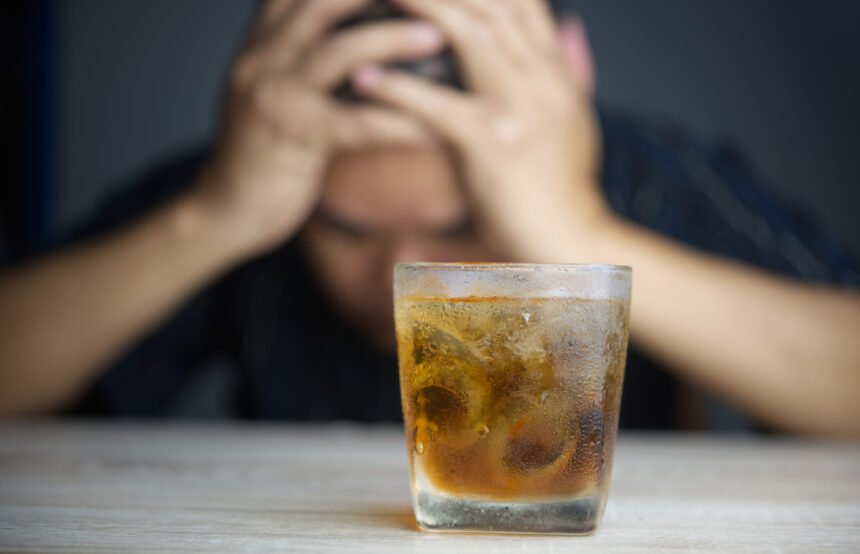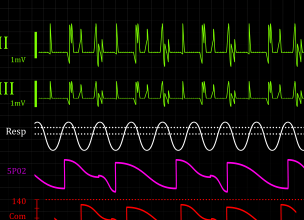Many people underestimate the harmful nature of alcohol. There are lots of reasons for this: alcohol is considered a celebratory substance, it is available everywhere, and the frequent usage of alcohol is more socially acceptable than it should be. Since alcohol permeates some many aspects of western culture, it’s easy to normalize the overconsumption of this potentially harmful (and sometimes lethal) substance. After all, if it’s consumed at every major party, life event, holiday gathering and even friendly adult get-together, it’s just a natural consequence that on occasion, some people will drink more than they should. It’s also only natural that with frequent drinking, some people will, over time, develop an addiction. This addiction and devastate relationships, careers, families, and the physical health of the addict.
All of these things combine to create a situation in which people forget about the inherent dangers of alcohol. Sure, a drink or two, on occasional, will not kill you, but long-term use and abuse of alcohol will undoubtedly result in some unpleasant consequences to your body, brain, and mental health. In this article we will explore the possible effects of alcohol on your health and general well-being.
Alcohol and the Body
Alcohol is a very strong substance, and it can have a number of immediate effects on the human body. The effects that you will experience depend upon the type of alcohol that you consume, and harder alcohol generally causes more immediate issues.
For example, anyone who takes a straight shot of whiskey can attest to the burning sensation that this causes. While this might be seen as a mere barrier to overcome to enjoy the effects of the alcohol, remember that this burn is actually the caustic substance of alcohol burning your throat. So while some see this burn as just a feature of drinking alcohol, it is actually more like an side effect.
Once alcohol gets into your stomach, it continues to wreak havoc on your body as it enters your bloodstream and travels to your liver and your other organs. Some of the most common issues associated with long-term alcohol usage are:
Liver cirrhosis. This refers to the scarring of the liver. The liver is used for detoxifying the body and this can impair its function, leading to many other problems.
Ulcers. The harsh, burning nature of alcohol can contribute to the development of ulcers in the stomach or intestines.
Digestive problems. Many long-term alcohol users experience problems like cramping, bloating, intestinal inflammation, and diarrhea.
Cancer. Heavy drinking over a period of years can make someone more vulnerable to cancer, particularly of the liver.
Addiction: When you start drinking on your own without any special reason or occasion, that’s the first sign of addiction. It’s super important to notice this right away and head to a rehab center in St. Louis right away to get tested and diagnosed.
Alcohol and the Brain
Alcohol also causes a number of damaging effects on the brain.
One of the main reasons that alcohol is enjoyable is because it influences the brain’s GABA system. GABA is a neurotransmitter (a brain hormone) that’s responsible for regulating feelings of relaxation and for warding off anxiety. Alcohol creates a positive influx of this compound, leading to the comforting sensations associated with drinking.
Unfortunately, long-term overloading of the GABA system can lead to a number of unpleasant situations – one of the most dangerous being physical addiction to the substance influencing the system, in this case alcohol. The brain becomes accustomed to having alcohol in the brain, and thus requires it to produce GABA.
If a heavy drinker suddenly stops drinking, then their GABA system will backfire, leading to withdrawal symptoms like shaking, confusion, sweats, anxiety, and tremors. In serious cases, alcoholics in withdrawal may experience seizures that can be fatal. Alcohol withdrawal is one of the few drug withdrawals that can kill you. So while we often think of alcoholics dying in car accidents or alcohol poisoning, in reality the substance is so dangerous that even withdrawal can be lethal.
Alcohol and Mental Health
Long-term drinkers can also damage the brain in other ways. Some of the most common symptoms attributed to long-term drinkers include:
- Impaired speech and difficulty forming coherent sentences
- Slower reaction times
- Difficulty remembering things and learning new things
- Increased anxiety, changes in mood and temperament
- Psychological addiction
These issues can be difficult to manage and, in some cases, can lead to a person drinking more in an effort to overcome the problems that were created by alcohol in the first place.
In Conclusion
Despite how popular it might be, there’s little doubt that alcohol is a dangerous substance with some potentially devastating effects. It can be enjoyed responsibly once in a while, but one should be careful to observe how much they’re drinking, as well as how much is being consumed by friends and family members, in particular those that have family history of addiction, or just have addictive personalities.
Hopefully this article has provided some insight on the dangerous nature of alcohol so you can work to prevent any damage that might be done by alcohol to you or your loved ones.








